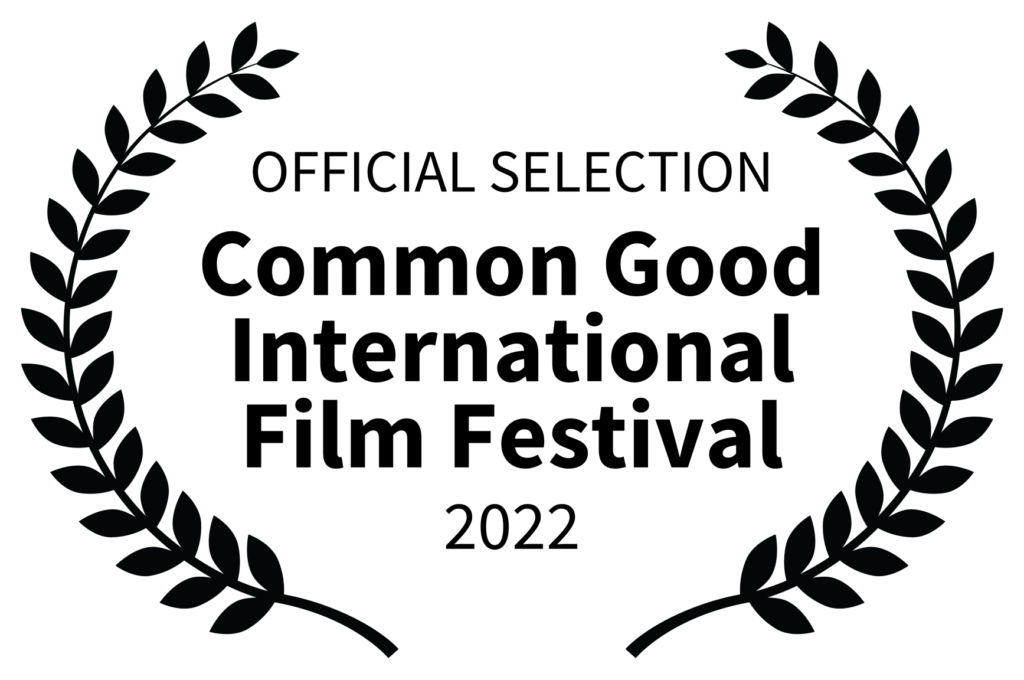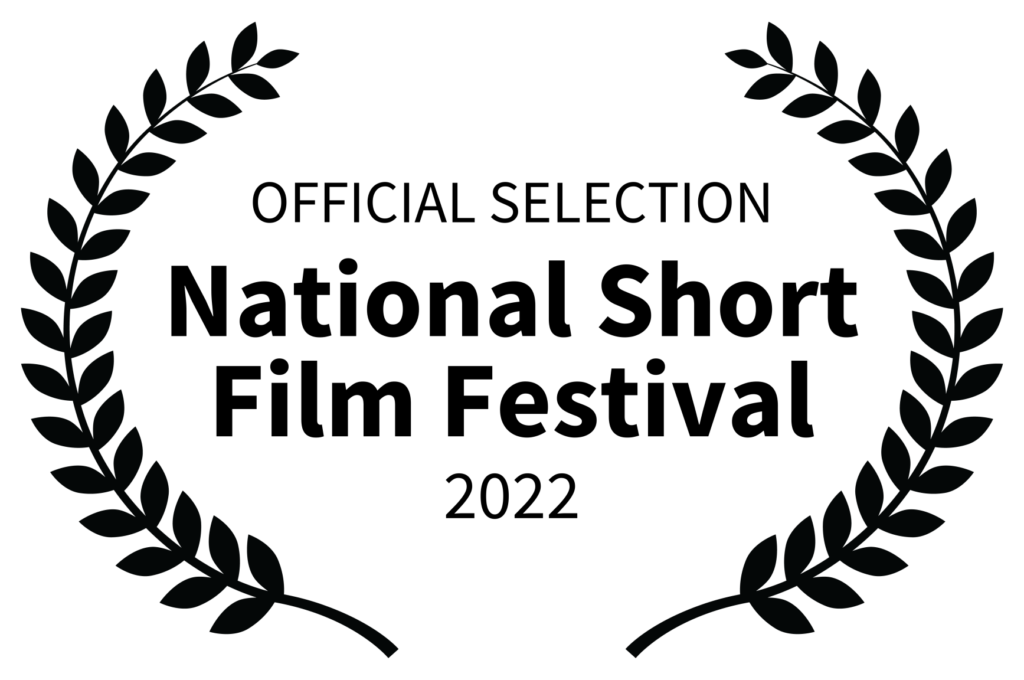My Life is Worth Living was made in partnership with Wonder Media and The Cook Center for Human Connection with support from the Moody Foundation.
My Life is Worth Living is the world’s first animated series about teen mental health and suicide prevention. The series includes five powerful stories told over twenty episodes. In each episode, relatable teen characters wrestle with challenges that are all too familiar for many viewers–including depression, bullying, abuse, and trauma–and discover strategies to cope when it feels like their own thoughts are against them. Over the course of each character’s journey, they realize that life is worth living.
They don’t go it alone. Each character learns that support can come from family, friends, or even people they least expect and that the comfort of a sympathetic person can provide the relief they didn’t think possible. As the teens learn to share their burdens, cope in healthy ways, and accept support, that self-critical voice becomes less intrusive, and those bad situations become more hopeful. They learn that life at times can seem bleak, and that negative thoughts are often part of the experience, but also that we all deserve love and support, that no situation is hopeless, and that their lives are worth living.
AMIE’S STORY
Jam-packed days and meticulous planning help 16-year-old Amie stay organized as she pursues her goals. They also help her forget that her parents treat her like she’s made of glass and that her boyfriend worries about her. They help her forget the dark years of medications and diagnoses that led her to the hospital, and they help her ignore the negative thoughts that continue to darken the corners of her mind. With the help of her therapist, her family, and her boyfriend, Amie is learning that there’s no shame in continuing to struggle, that relying on the support of loved ones doesn’t make her a burden, and that a sense of hope and purpose can help her cope with negative thoughts.
DANTE’S STORY
Dante is outgoing with friends, confident in school, and a strong member of his football team; no one would suspect that he feels utterly depressed and trapped by the expectations of his family and peers. Now approaching graduation, Dante can no longer bear the pain of hiding his passions and his identity from his father, friends, and himself.
As he struggles to overcome the feelings of hopelessness that have characterized his teen years, Dante will find unexpected allies in his football coach and the coach’s son, a mental health mentor. He will also learn that his conflicts with his father are not his fault, that he is strong enough to control the Negative voice in his head, and that he is worthy of love and support.
KYLE’S STORY
Persistent bullying becomes a waking nightmare for 16-year-old Kyle, whose struggles with negative thinking take center stage when it seems like everyone at school is against him. Feeling trapped and alone, Kyle turns to alcohol to suppress the self-critical voice that echoes in his head. Kyle hides the bullying and the alcoholism from his father Mario, who he believes could never understand what he’s going through. Sensing that something is wrong, Mario shares about his own struggle with PTSD after serving in the military and helps Kyle get comfortable communicating his feelings. Alcohol doesn’t numb the pain forever, but when his negative thoughts become overpowering again, Kyle finds that opening up about his struggle with people who care about him is a more powerful remedy than drinking could ever be.
DANNY’S STORY: INSPIRED BY GABE ALVARADO
Danny survived a fire that left him with disfiguring facial scars and a prosthetic left arm. Adapting to his new life is a daily struggle, and Danny often longs for things the way they were before his accident.
He misses playing with his little brother Angel, who is shy and awkward around Danny since he returned home. He wishes his family didn’t tiptoe around his feelings, and he wishes his friends would acknowledge his existence. When Danny’s girlfriend breaks up with him, his struggle with self-acceptance spirals, and the negative voice in Danny’s head drives him to believe his situation is hopeless.
The encouragement of Dr. Everton, his occupational therapist, helps break the walls that Danny’s negative thoughts are trying to put up. Danny finds that sharing about his challenges with friends online makes it easier to talk about, helps him recognize the positives in his life, and gives him the confidence to cope with his negative thoughts. Day by day, as he learns to rely on the support of his family and friends, Danny remembers that even though he is adjusting to a new normal, he’s still the same kid he always was.
EMILY’S STORY
Worry and shame are a constant weight on 16-year-old Emily, who has experienced ongoing abuse by her mom’s fiancé. Emily keeps the abuse a secret to protect her mom, but negative thoughts and a sense of hopelessness have become too much for Emily to bear. With no plan but to escape, Emily flees to her best friend Shayla’s house, and Shayla and her mom Carla give Emily support and a safe place to stay. When it’s time to leave, however, Emily’s negative voice tells her there is no other option but to run away from home.
When Carla finds Emily later that night waiting for a bus, Emily is driven to tell her about the abuse. Carla promises to help Emily end the situation, and together they tell Emily’s mom the truth. In the months that follow, Emily and her mom transition to a new life and rebuild their relationship, but the negative thoughts persist. Now that she’s more able to talk about her mental health, however, Emily can rely on the support of her mom, her friends, and a new peer support group to cope with her thoughts and find the hope she thought she lost months ago.
ABOUT WONDER MEDIA
Wonder Media is an animation production studio located in the Santa Ynez Valley, CA producing stories to connect with children and teens at risk with content that addresses hunger, emergency preparedness, social-emotional learning, critical thinking, autism, children with exceptionalities, the prevention of child sexual abuse, the prevention of teen suicide, and providing guidance to children living in a home with an addicted adult.
The studio has produced animated lessons for the Cook Center for Human Connection, the the Barbara Sinatra Children’s Center Foundation,Global Institute for Habits of Mind, the Hero in You Foundation, the Gabe Alvarado Foundation, the NALC Food Drive, the Boy Scouts of America, the Girl Scouts of America, the Betty Ford Children’s Center, and the Wyland Water Foundation.












